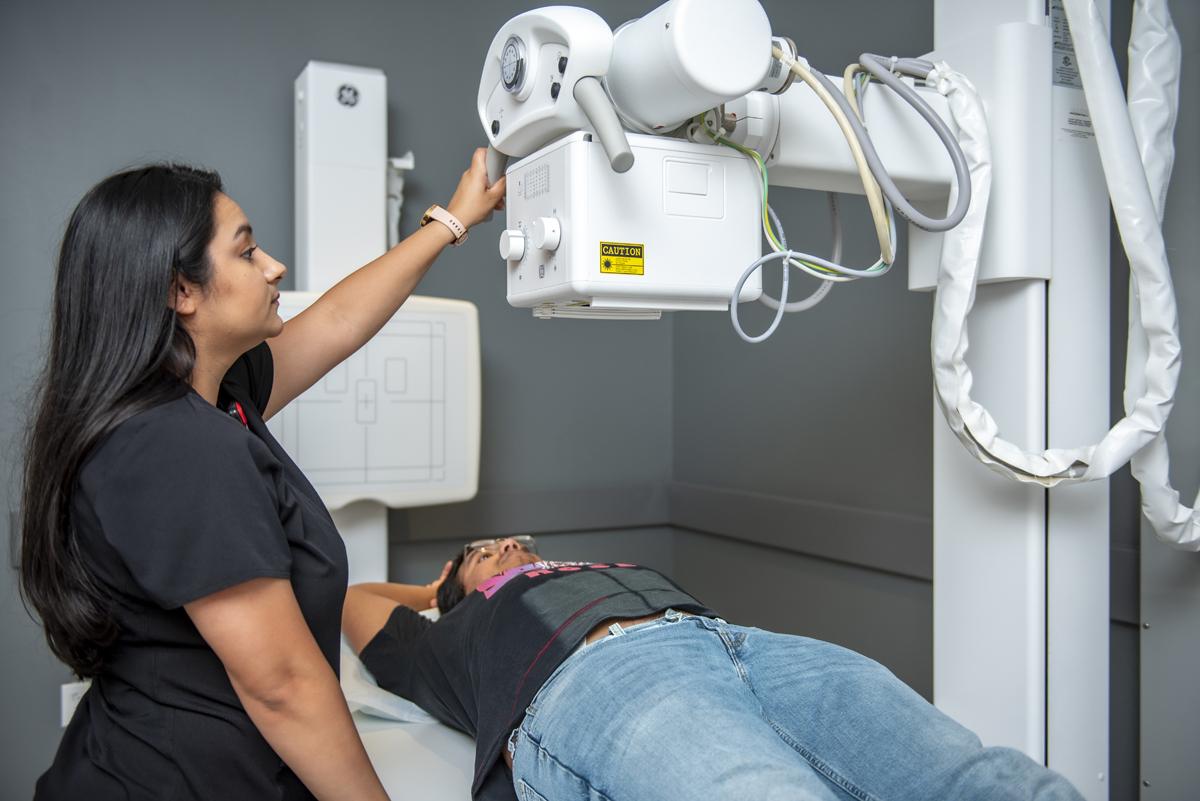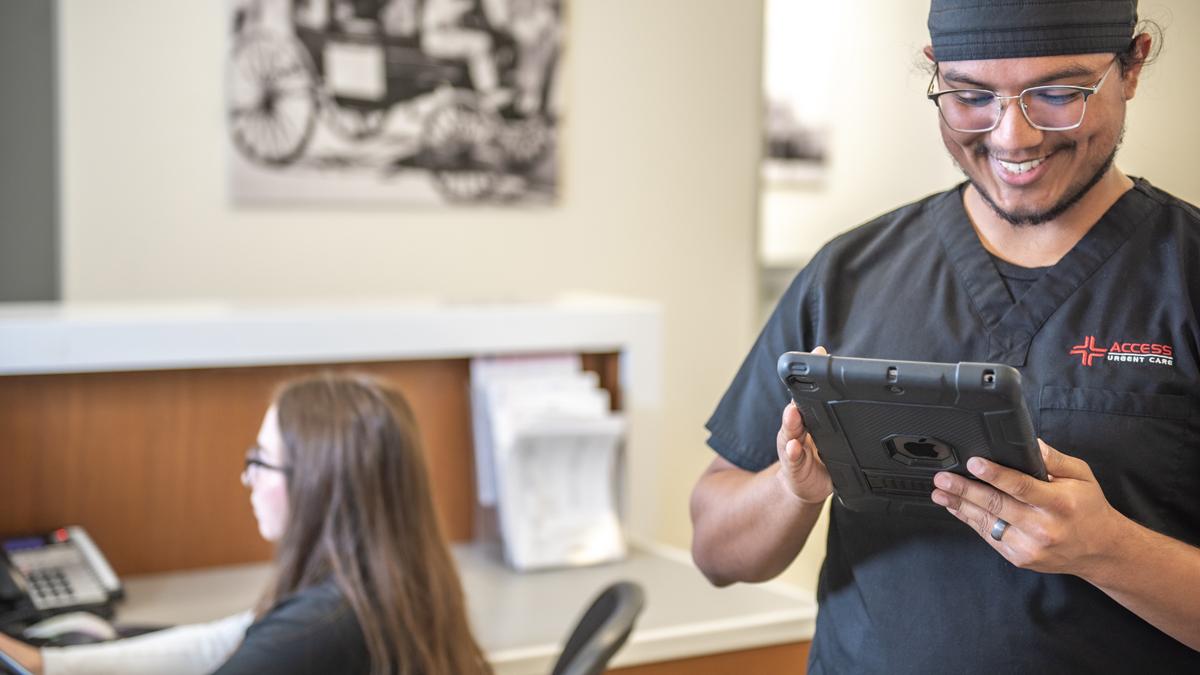In an age where time is of the essence, healthcare accessibility has become a paramount concern. Enter walk-in clinics, a beacon of convenience and efficiency in the realm of healthcare services. These clinics offer an alternative to traditional appointments, catering to individuals seeking immediate medical attention without the hassle of scheduling in advance. In this comprehensive guide, we delve into the world of walk-in clinics, exploring their benefits, services, and the vital role they play in modern healthcare.
Understanding Walk-In Clinics:
Walk-in clinics, also known as urgent care centers or convenient care clinics, are medical facilities that provide non-emergency care without the need for appointments. Unlike primary care physicians who typically require scheduled appointments, walk in clinic operate on a first-come, first-served basis, accommodating patients on the same day they seek treatment.

Services Offered:
Walk-in clinics offer a wide range of services, catering to various non-life-threatening medical needs. These services may include:
- Treatment of minor injuries: Walk-in clinics are equipped to handle minor injuries such as cuts, sprains, and minor fractures. They can provide immediate care, including wound cleaning, splinting, and suturing, without the need for an emergency room visit.
- Illness management: From colds and flu to sinus infections and sore throats, walk-in clinics offer diagnosis and treatment for a variety of common illnesses. They can prescribe medications, conduct rapid tests, and offer advice on managing symptoms.
- Vaccinations and immunizations: Many walk-in clinics provide vaccinations and immunizations for flu, tetanus, hepatitis, and other preventable diseases. These services are particularly convenient for individuals looking to stay up-to-date on their immunizations without visiting their primary care physician.
- Diagnostic tests: Some walk-in clinics offer diagnostic services such as X-rays, blood tests, and urinalysis. These tests help in diagnosing various medical conditions promptly, enabling timely treatment and management.
- Occupational health services: Walk-in clinics may also offer occupational health services such as pre-employment screenings, drug testing, and treatment of work-related injuries. Employers often utilize these services to ensure the health and well-being of their workforce.
Benefits of Walk-In Clinics:
- Convenience: One of the most significant advantages of walk-in clinics is their convenience. Patients can seek medical attention without the need for an appointment, saving time and hassle, especially for minor ailments or injuries that do not warrant a trip to the emergency room.
- Extended hours: Unlike many primary care physicians’ offices that operate during regular business hours, walk-in clinics often offer extended hours, including evenings and weekends. This accessibility ensures that patients can receive timely care even outside typical office hours.
- Cost-effective: Walk-in clinics are often more cost-effective than emergency room visits for non-life-threatening conditions. They typically have lower co-pays and fees, making them an affordable option for uninsured or underinsured individuals.
- Expedited service: Walk-in clinics prioritize efficiency, aiming to provide prompt medical attention to patients. With shorter wait times compared to emergency rooms, patients can receive timely treatment and return to their daily activities sooner.
- Complementary to primary care: While walk-in clinics do not replace the need for a primary care physician, they complement existing healthcare services by offering immediate care for non-emergency situations. Patients can utilize walk-in clinics for minor ailments or injuries when their primary care provider is unavailable.

Choosing the Right Walk-In Clinic:
When selecting a walk-in clinic, several factors should be considered to ensure quality care and a positive experience:
- Location: Choose a walk-in clinic that is conveniently located, preferably close to your home or workplace. Accessibility is key, especially when seeking immediate medical attention.
- Reputation: Research the reputation of the walk-in clinic by reading online reviews, asking for recommendations from friends or family, or consulting with your primary care physician. A reputable clinic with experienced healthcare providers is more likely to deliver quality care.
- Services offered: Consider the range of services offered by the walk-in clinic and whether they align with your medical needs. Some clinics may specialize in certain areas, such as pediatric care or occupational health, so ensure that the clinic can address your specific requirements.
- Insurance acceptance: Verify whether the walk-in clinic accepts your health insurance plan to avoid unexpected out-of-pocket expenses. Most clinics provide information about accepted insurance plans on their website or by contacting their office directly.
- Cleanliness and facilities: Visit the walk-in clinic beforehand, if possible, to assess the cleanliness of the facilities and the professionalism of the staff. A clean and well-maintained clinic with modern equipment instills confidence in the quality of care provided.

Conclusion:
Walk-in clinics have emerged as a vital component of the healthcare landscape, offering convenience, affordability, and timely access to medical services. Whether you require treatment for a minor injury, illness management, or preventive care such as vaccinations, walk-in clinics provide a convenient alternative to traditional primary care appointments and emergency room visits. By understanding the services offered, benefits, and factors to consider when choosing a walk-in clinic, individuals can make informed decisions about their healthcare needs. Embracing the convenience and efficiency of walk-in clinics ensures that timely medical care is accessible to all, promoting overall health and well-being in our communities.
